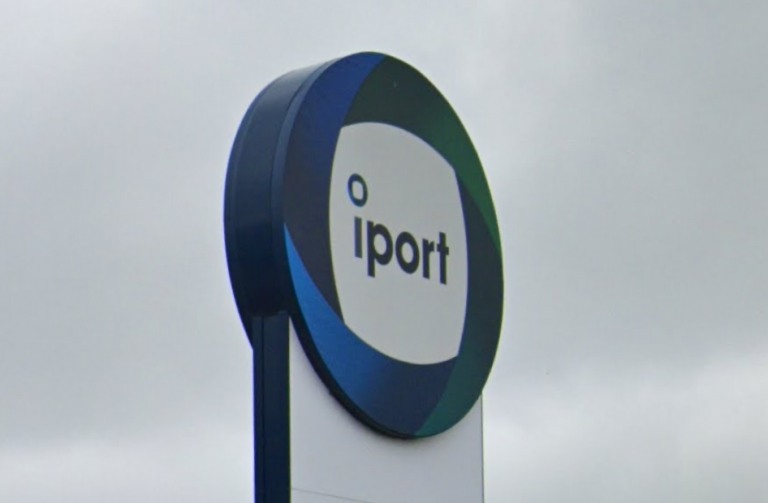A provider of indoor and outdoor scaffold-based temporary structures and staging is focused on growth after receiving a six-figure investment from NPIF – FW Capital Debt Finance, which is managed by FW Capital and is part of the Northern Powerhouse Investment Fund.
Headquartered in Sherburn-in-Elmet, Leeds, Acorn Construction works with clients from various industries and sectors including film, TV, festivals, concerts, exhibitions, parties, sports events, arts, and theatre. Clients include the BBC, Creamfields, ITV Studios and the Goodwood Festival of Speed.
The loan from NPIF – FW Capital has helped Acorn Construction to invest in the growth of the business and launch a new black Truss designed stage into the market. This is a unique product that offers a higher capacity loading for production equipment and a black structure instead of the traditional aluminum structures. Acorn Construction has also created ten new jobs.
Rebecca Nutter, Managing Director at Acorn Construction, said: “We’ve built up an established reputation for the quality and innovative nature of our staging and structures which suit a variety of uses.
“We have created this new stage following customer demand for a black structure that can withstand the increased load capacity that is needed at festivals and concerts due to all the lighting and staging equipment needed. It can be difficult to obtain funding for this type of asset but the flexibility of the investment from FW Capital has been important.
“On the back of this funding, we are also looking at other new opportunities to develop the business further. I’ve been happy with the support from FW Capital – Lindsey has taken the time to understand our business and provided us with a personal approach.”
Lindsey McMenamin, Portfolio Manager at FW Capital, added: “Acorn Construction operate in a niche market and is known for excellence in their field. This is another great example of how NPIF funding is helping business growth with the launch of a new unique stage in response to customer demand. I’m thrilled to be supporting Rebecca and the team on their journey to further success and expansion.”












